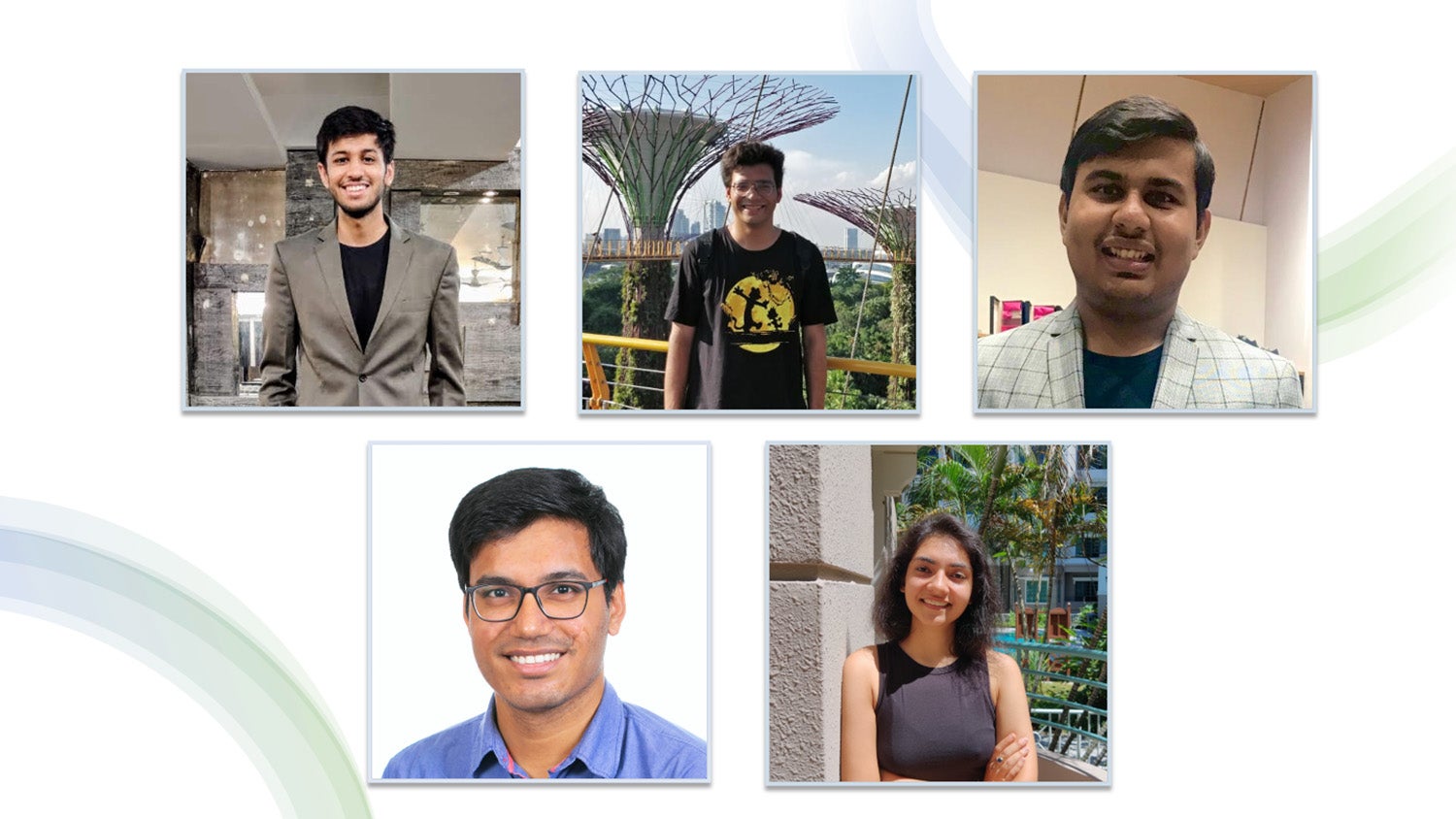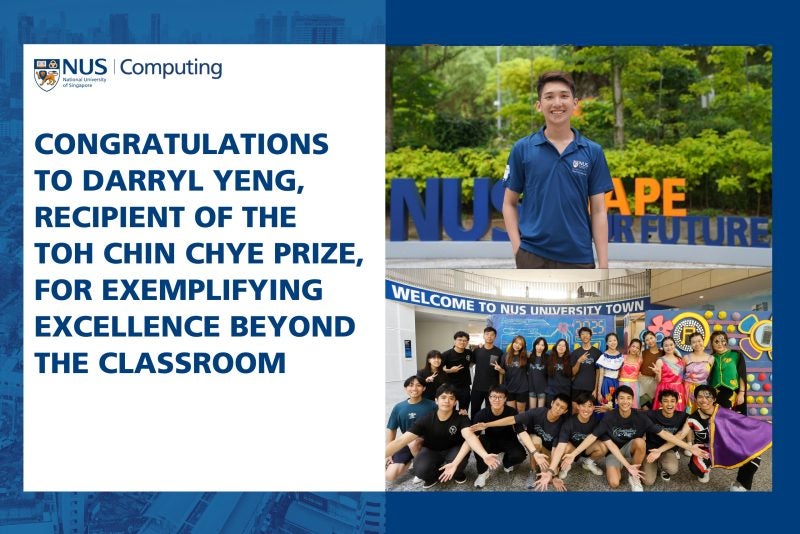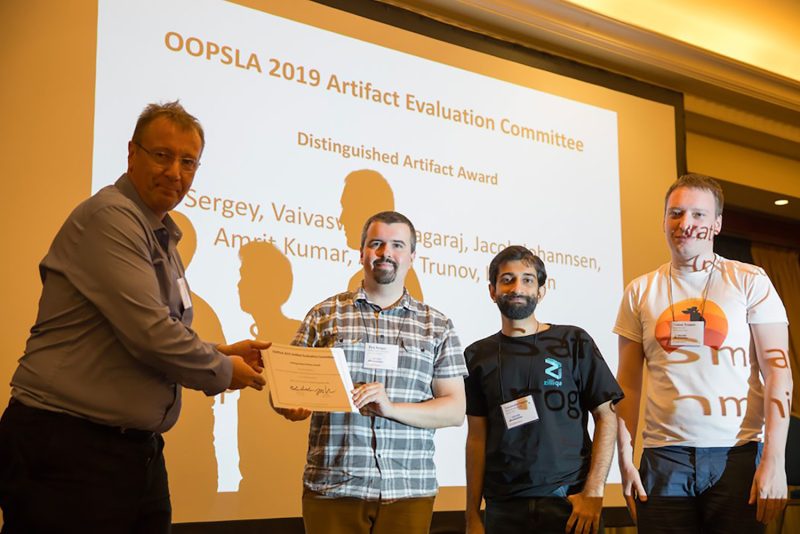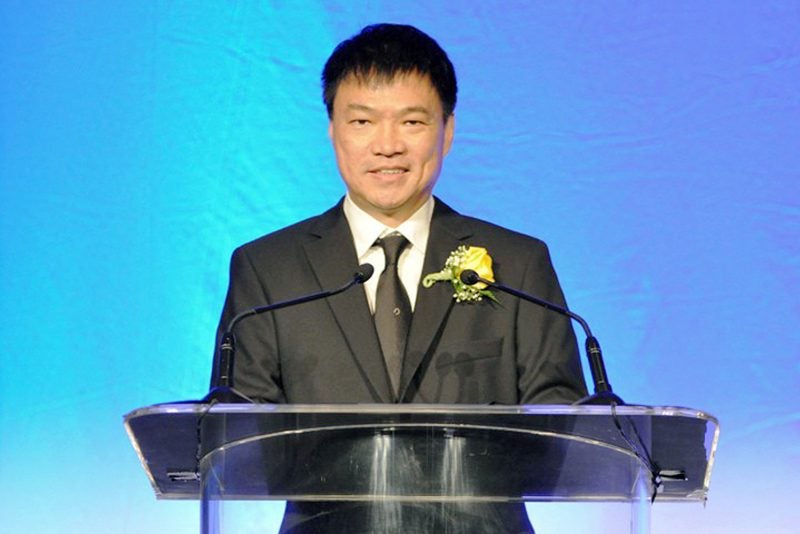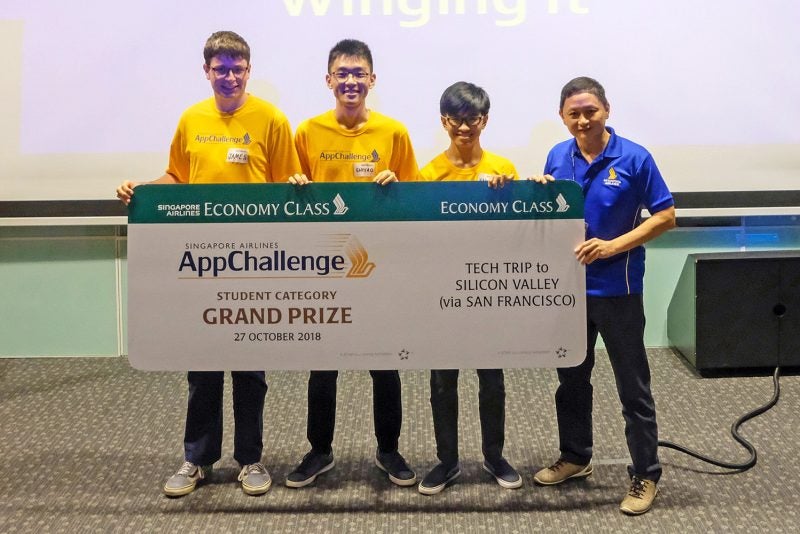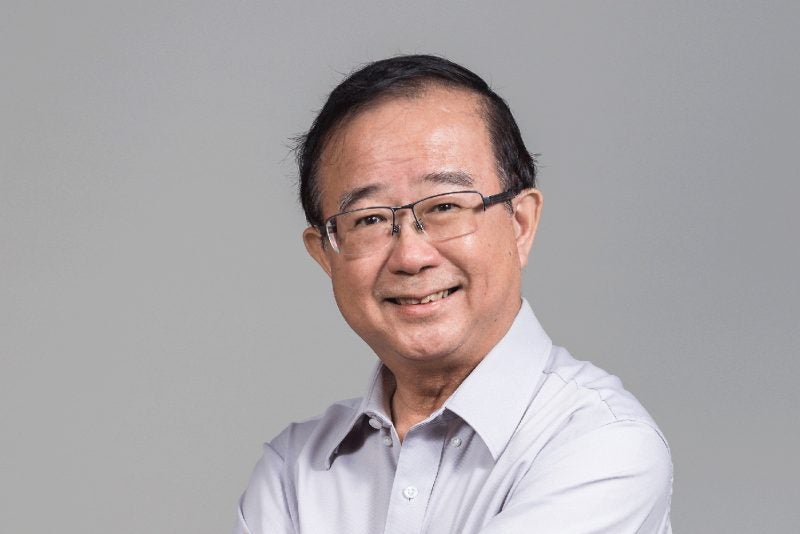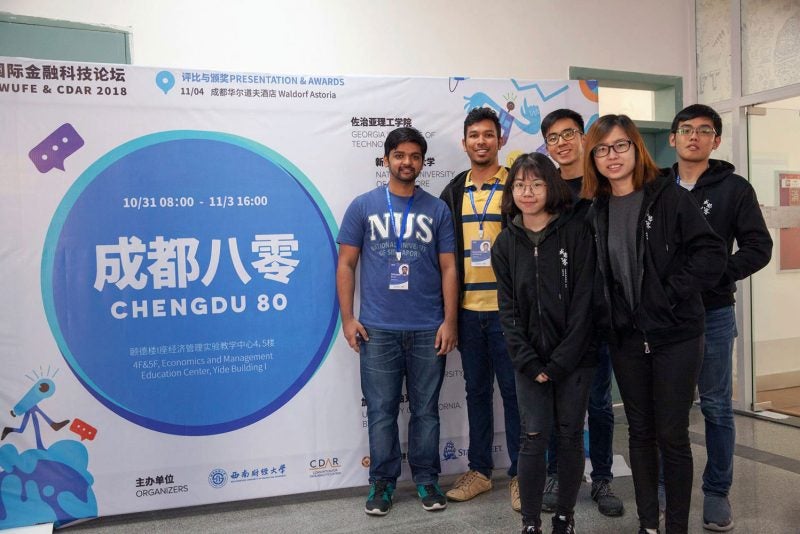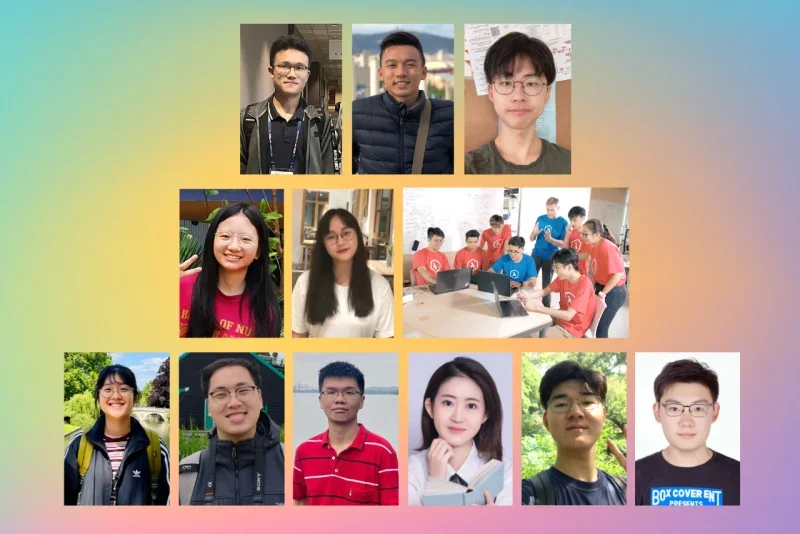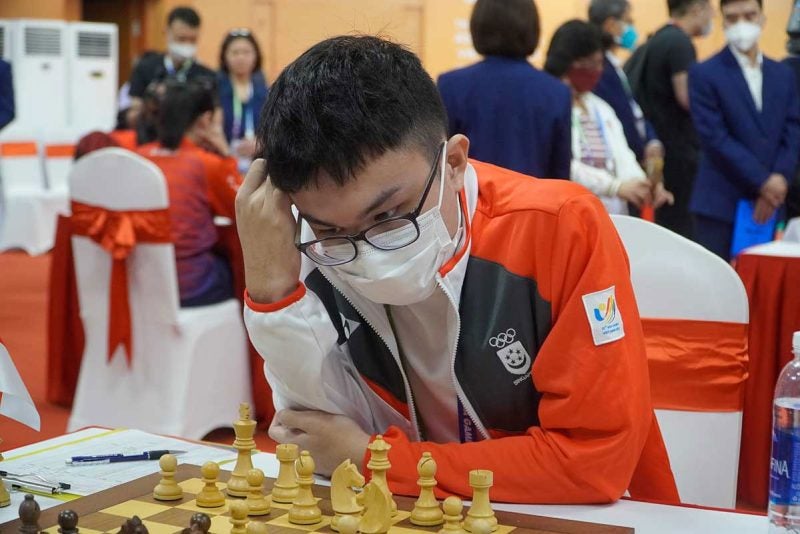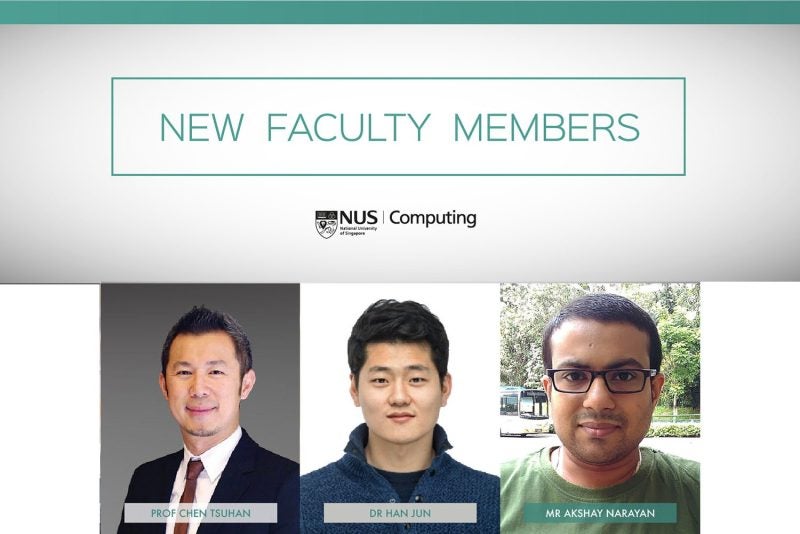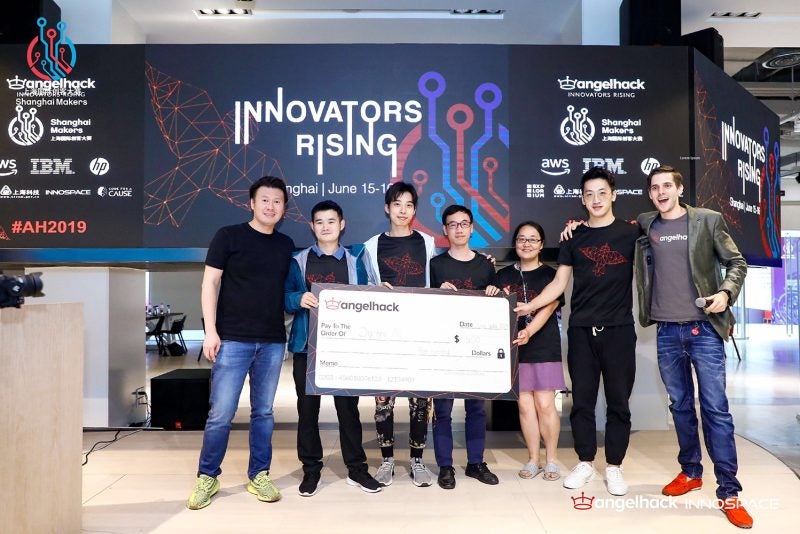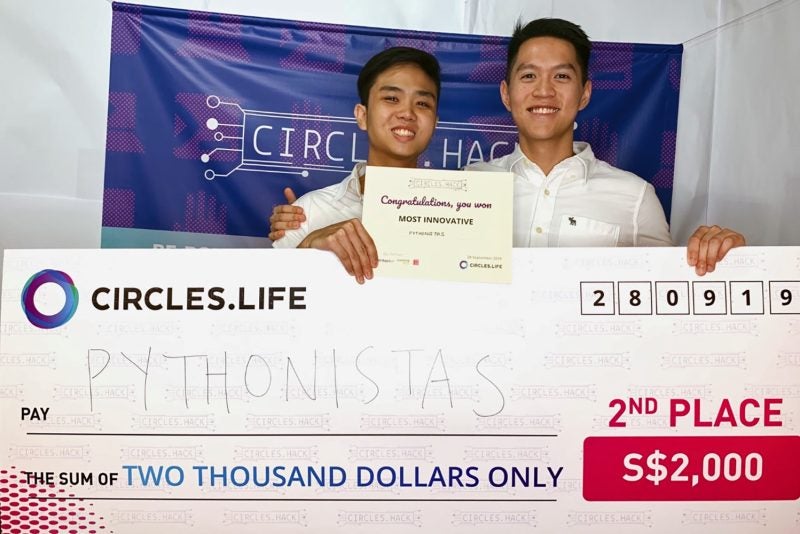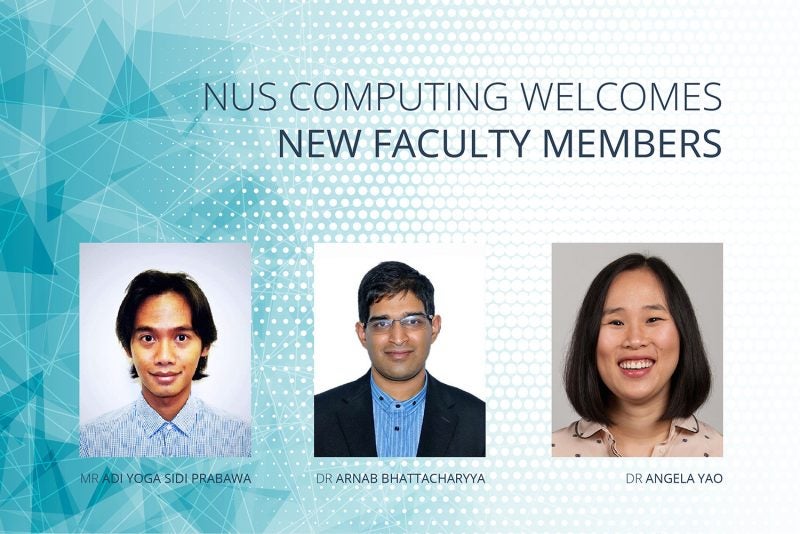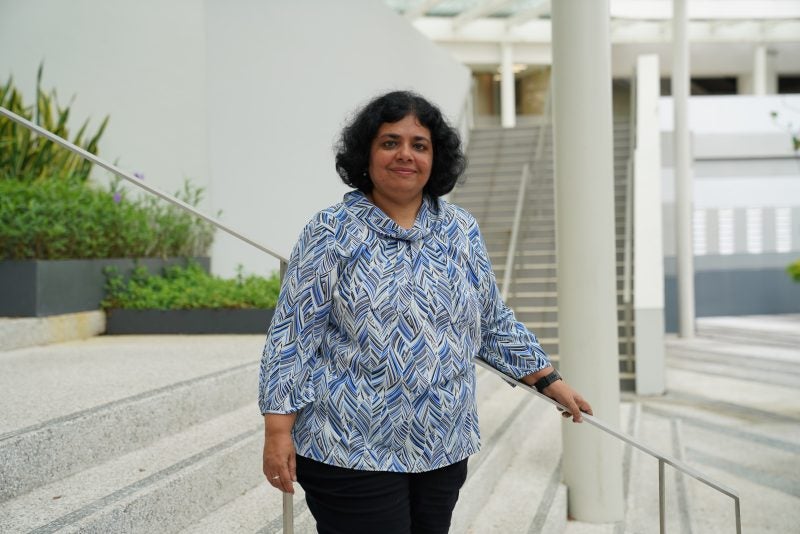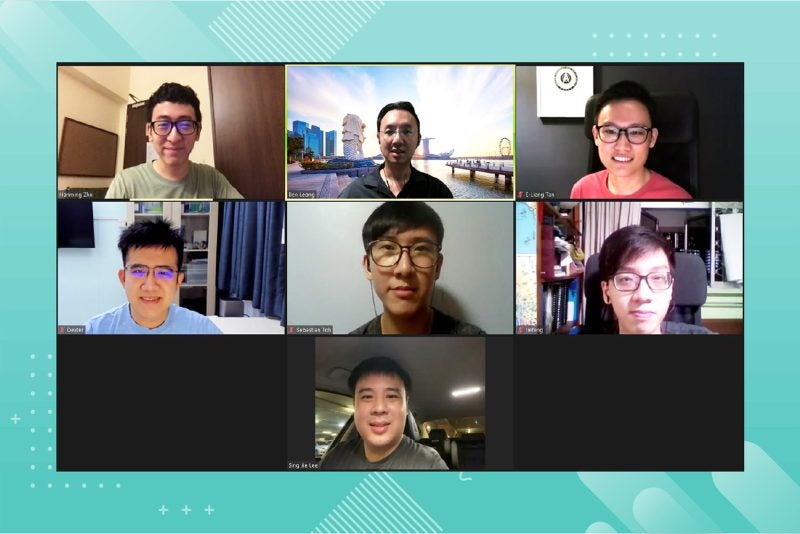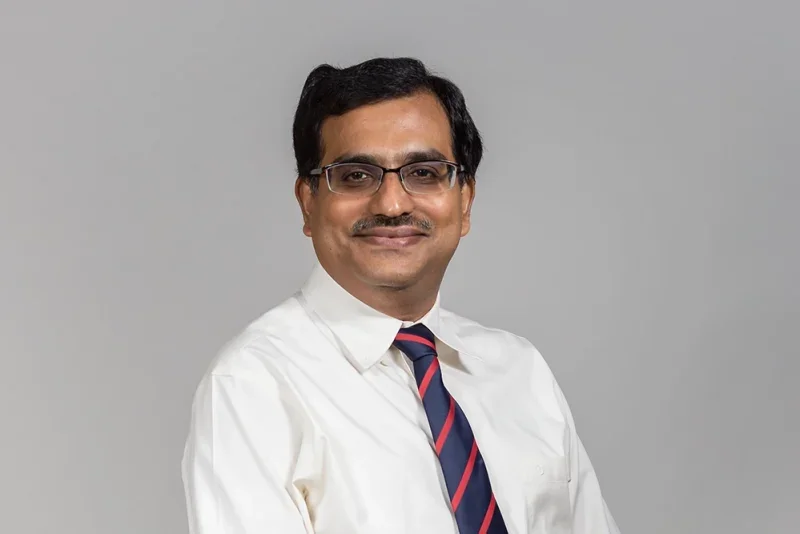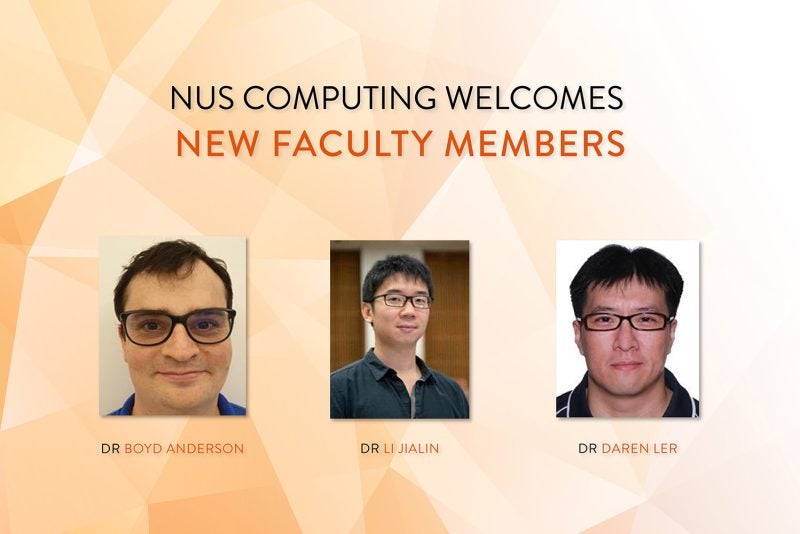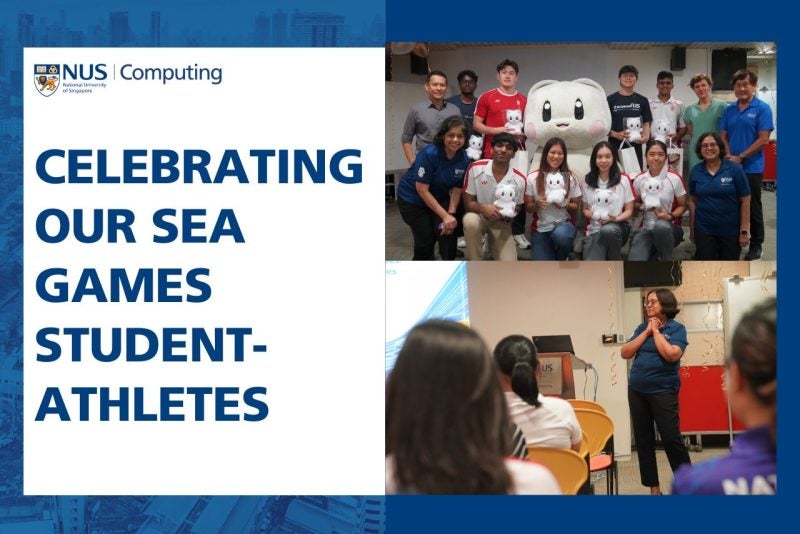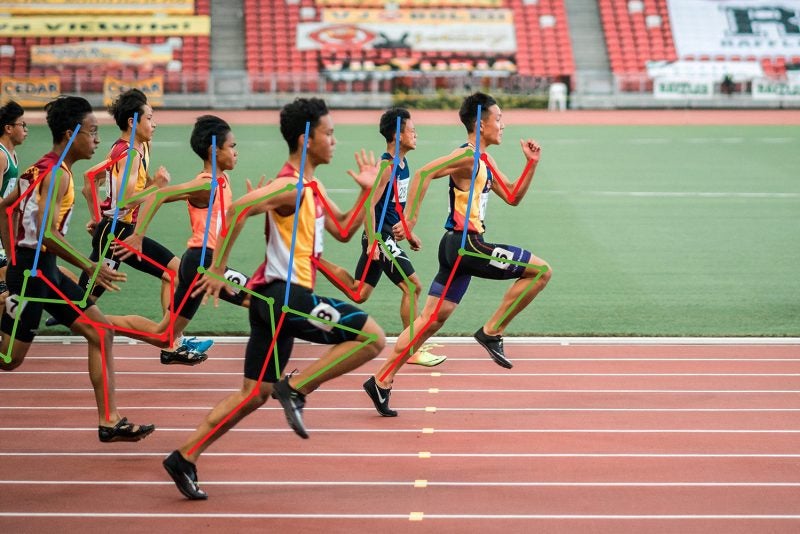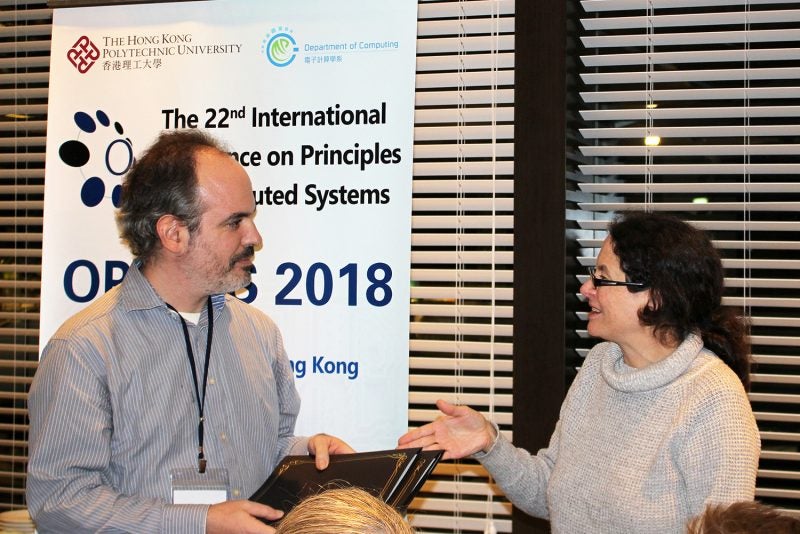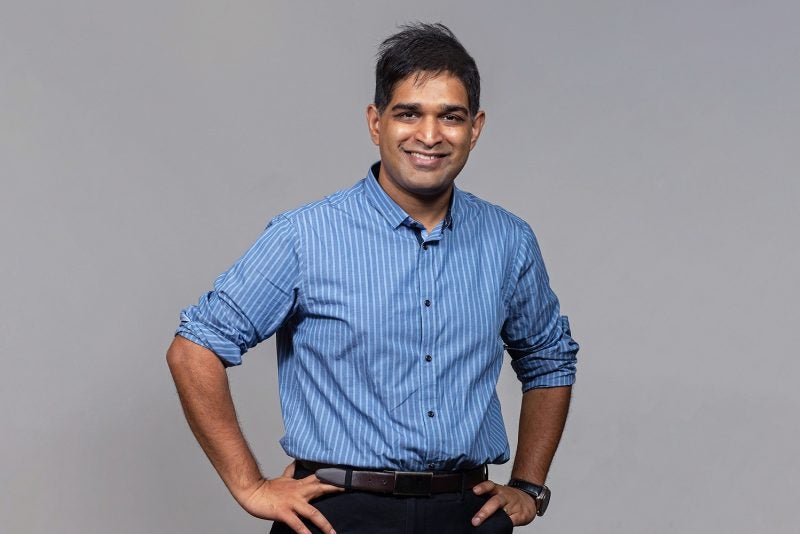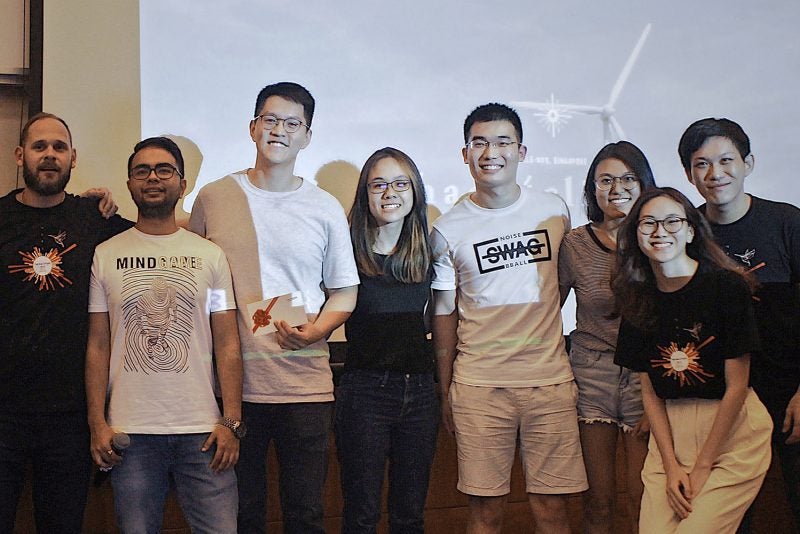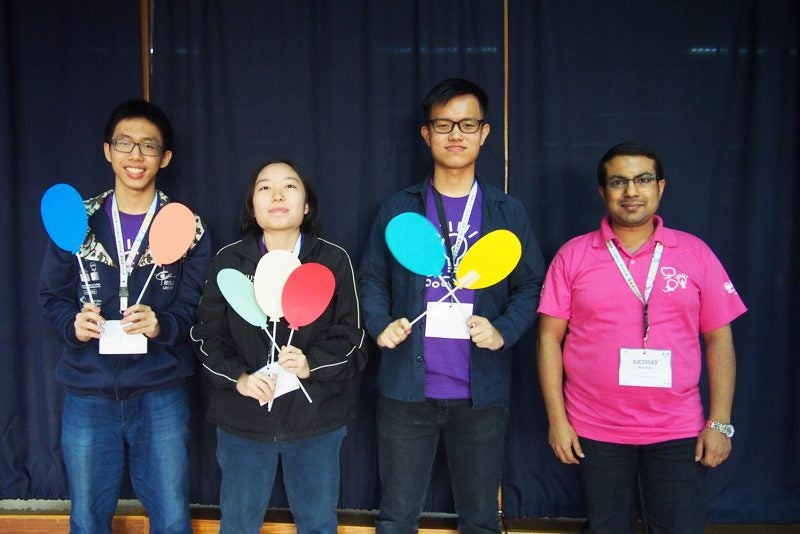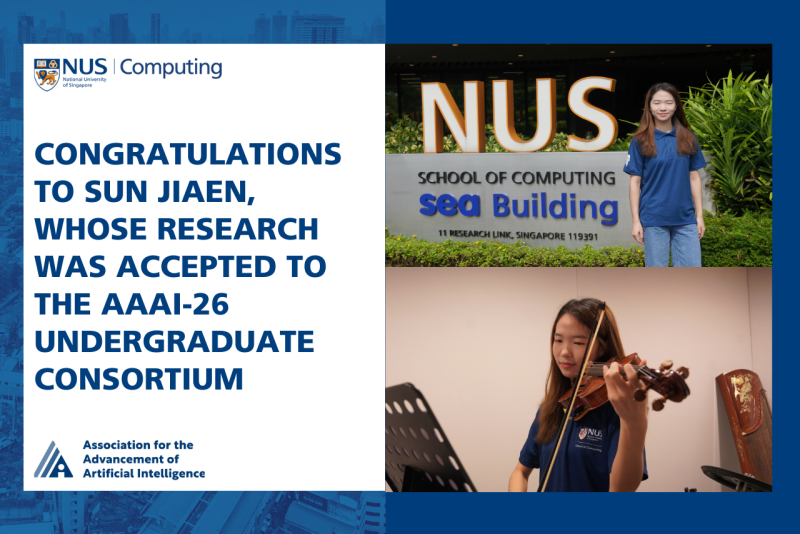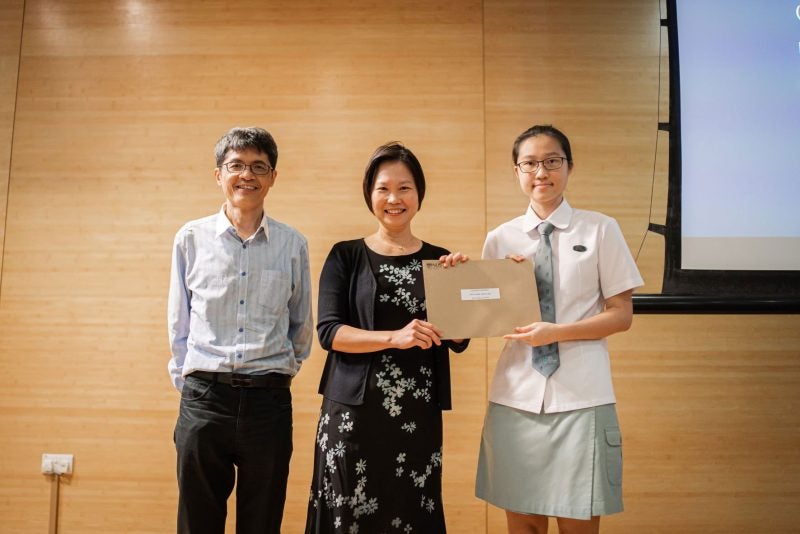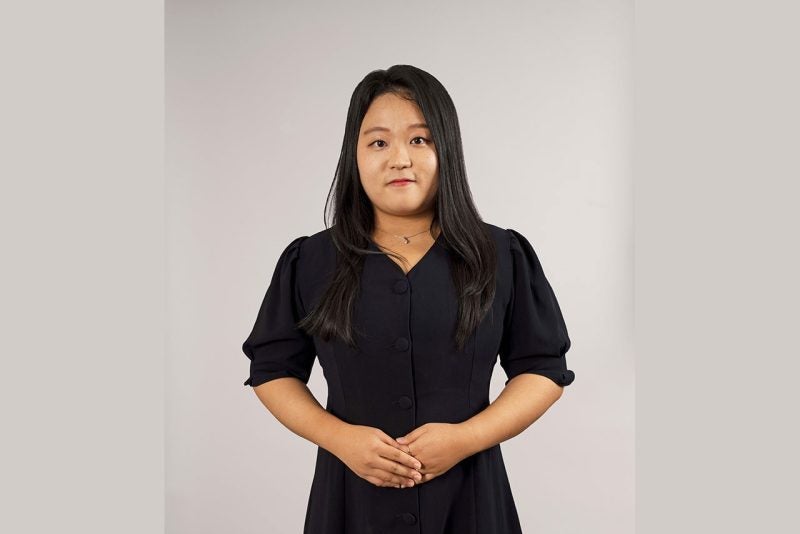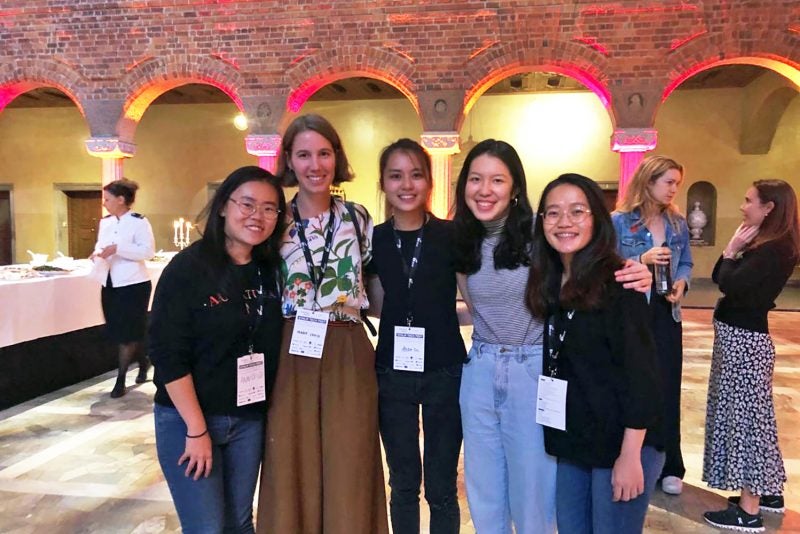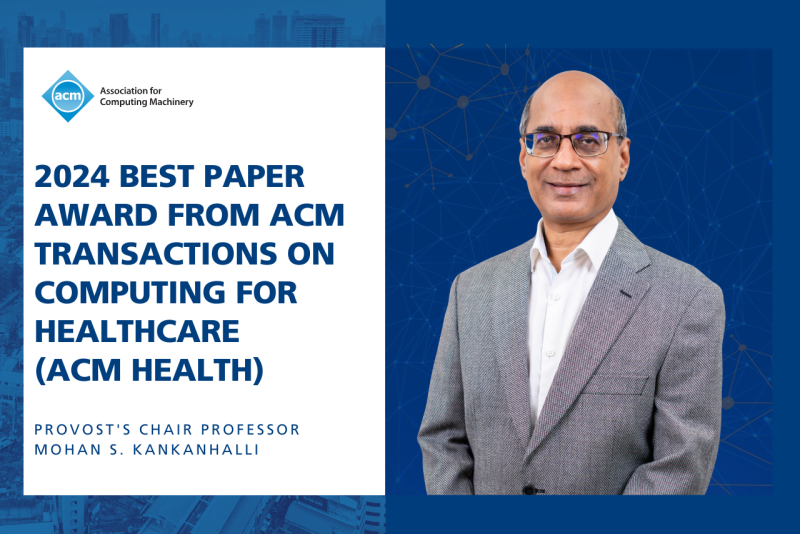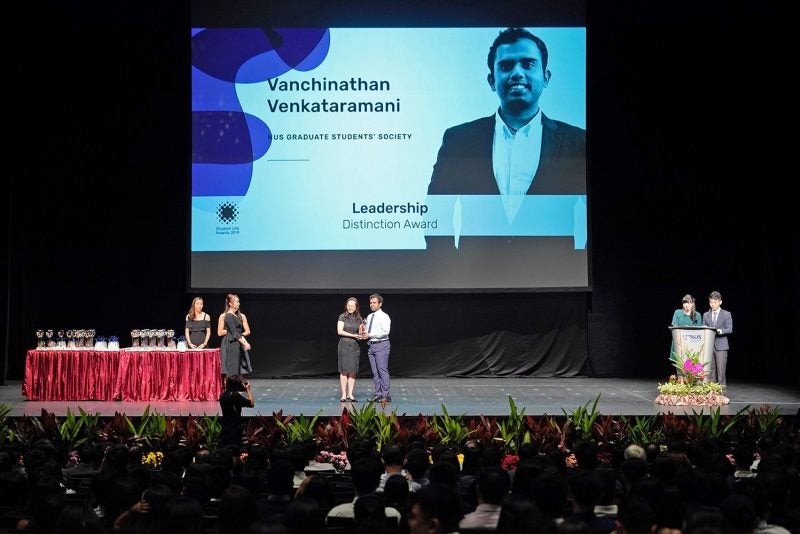21 July 2020 – A team comprising of NUS Computing and School of Design and Environment Master’s students emerged champions at the Microsoft Azure Virtual Hackathon, held online from 17 April to 19 June this year.
Akshaye Shenoi (Master of Computing in Information Systems), Soumyadip Ghosh (Master of Computing in Computer Science), Ashwin Bagree (Master of Science in Business Analytics) and Utkarsh Chaturvedi (Master of Science in Business Analytics), along with their teammate, Tanya Talwar (Master of Science, Integrated Sustainable Design), beat approximately 30 teams to win first place in the hackathon.
Organised by Microsoft, the virtual hackathon brought together Artificial Intelligence (AI) and Machine Learning (ML) enthusiasts, developers and entrepreneurs to develop modern solutions for real world problems. During the hackathon, participants utilised Microsoft’s Azure technology, a cloud computing service for building, testing and deploying applications through Microsoft managed data centers.
Ride-sharing company Grab and the United Nations Development Programme (UNDP) each presented a challenge for participants to tackle: predicting accurate estimated travel and arrival times, and crop protection in urban farming respectively.
Participants hailed from 16 countries in Asia Pacific, and each team could choose to enter one submission for each challenge. Teams ideated solutions and proposed their approach during Phase 1, while the teams shortlisted for Phase 2 went on to create a prototype of their solution.
The NUS team developed a solution called AgroVision for the UNDP challenge. With urban farming in Singapore and other countries on the rise, the challenge specifically required participants to create an Internet of Things (IoT) and ML-based solution utilising computer vision technology to detect weed growth and nutritional needs of crops in real-time. Approximately 30 teams were shortlisted for Phase 2 for this challenge.
AgroVision is described as an integrated farm health management tool that leverages machine learning and IoT to improve the yield and quality of urban farms in high-density cities.
“We set out to develop an integrated solution that not only tackled the main problem statement (i.e. detecting the incursion of weed) but also equipped the product with features like the ability to capture images of the crop using drones and transmitting live telemetry data from sensors,” explained Akshaye on behalf of his team.
They went beyond what was required and refined their solution further.
“We asked ourselves if we could extend the product by making use of the data we might eventually collect. This morphed into what we called “National Overview” that presented a bird’s eye view of farms and how they performed across the city. Our rationale was that this would provide governmental stakeholders invaluable high-level insights, such as expected yield.”
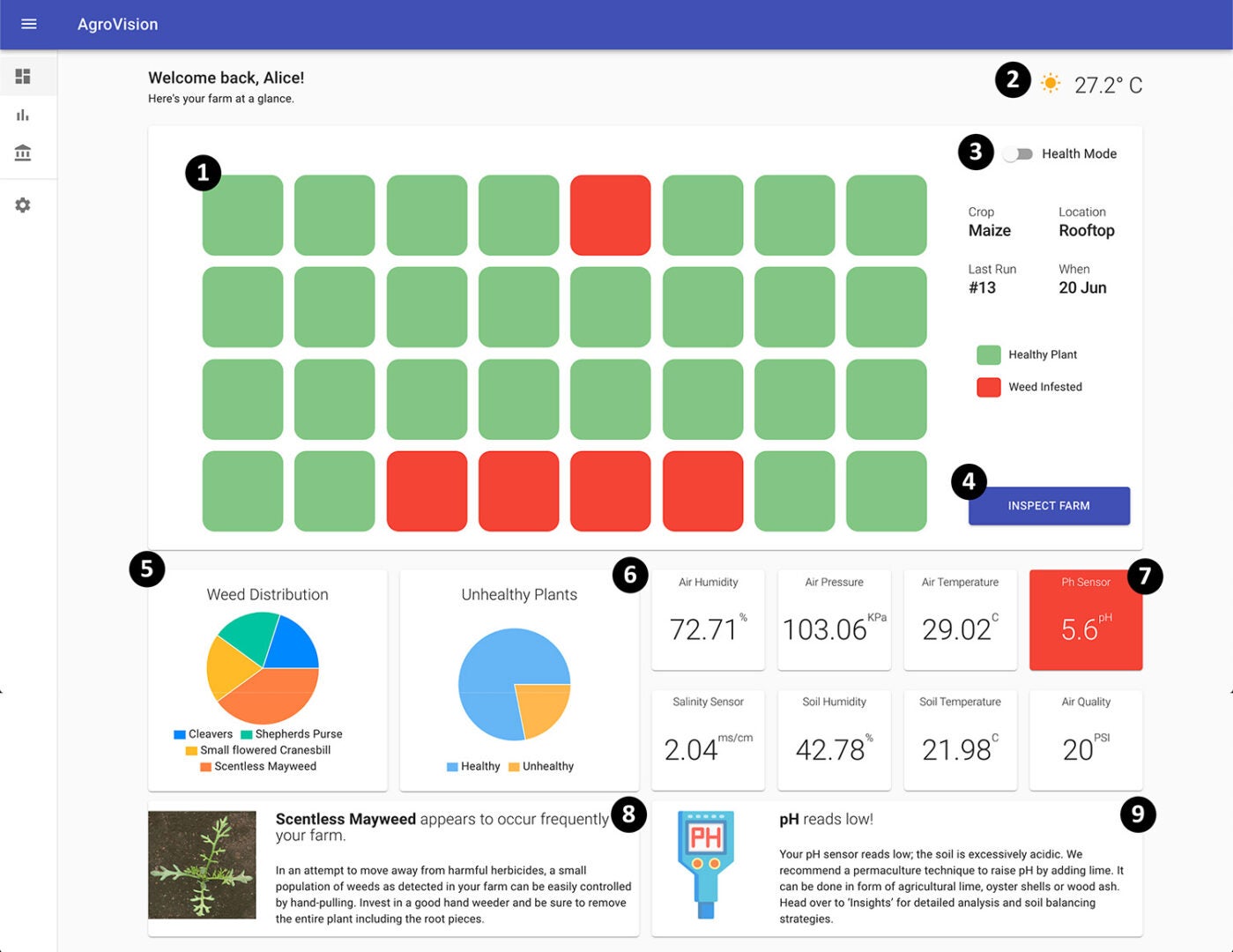
“All these features meant that the implementation of the prototype was going to be complex. We designed an intricate event-driven architecture embracing the state-of-the-art serverless paradigm that Azure offers.”
After their initial research into the problem statement presented by the UNDP, the team realised that large-scale urbanisation was well underway, especially in countries such as Africa and Asia. Urban farming appeared to be a promising, environmentally-friendly approach for diversifying a country’s sources of produce.
Having looked at the current market and the existing technology, the team developed AgroVision after realising “that there really was an opportunity for an integrated solution that combined the powers of AI, IoT and analytics.”
With social distancing rules in place during the hackathon, the team relied on online collaboration tools to work on their submission remotely, such as virtual meetings, shared documents and live coding tools. They presented their solution through YouTube after successfully overcoming a harrowing tech glitch on the day of their submission.
Judges for the hackathon included a senior advisor from UNDP and developers from Microsoft. Submissions were evaluated based on criteria such as a solution’s feasibility, complexity to implement, and originality.
Describing the win as “surreal”, Akshaye said the team celebrated with a dinner once circuit breaker measures were lifted in Singapore. The team won USD$3,000 in cash and are in talks with UNDP to create a test pilot of AgroVision.
“Everyone brought diverse talent to the table that allowed us to deliver a well thought-out and comprehensive solution. We had deep expertise in the urban farming space, ML engineering, analytics and cloud computing that certainly gave us an edge,” Akshaye said.

